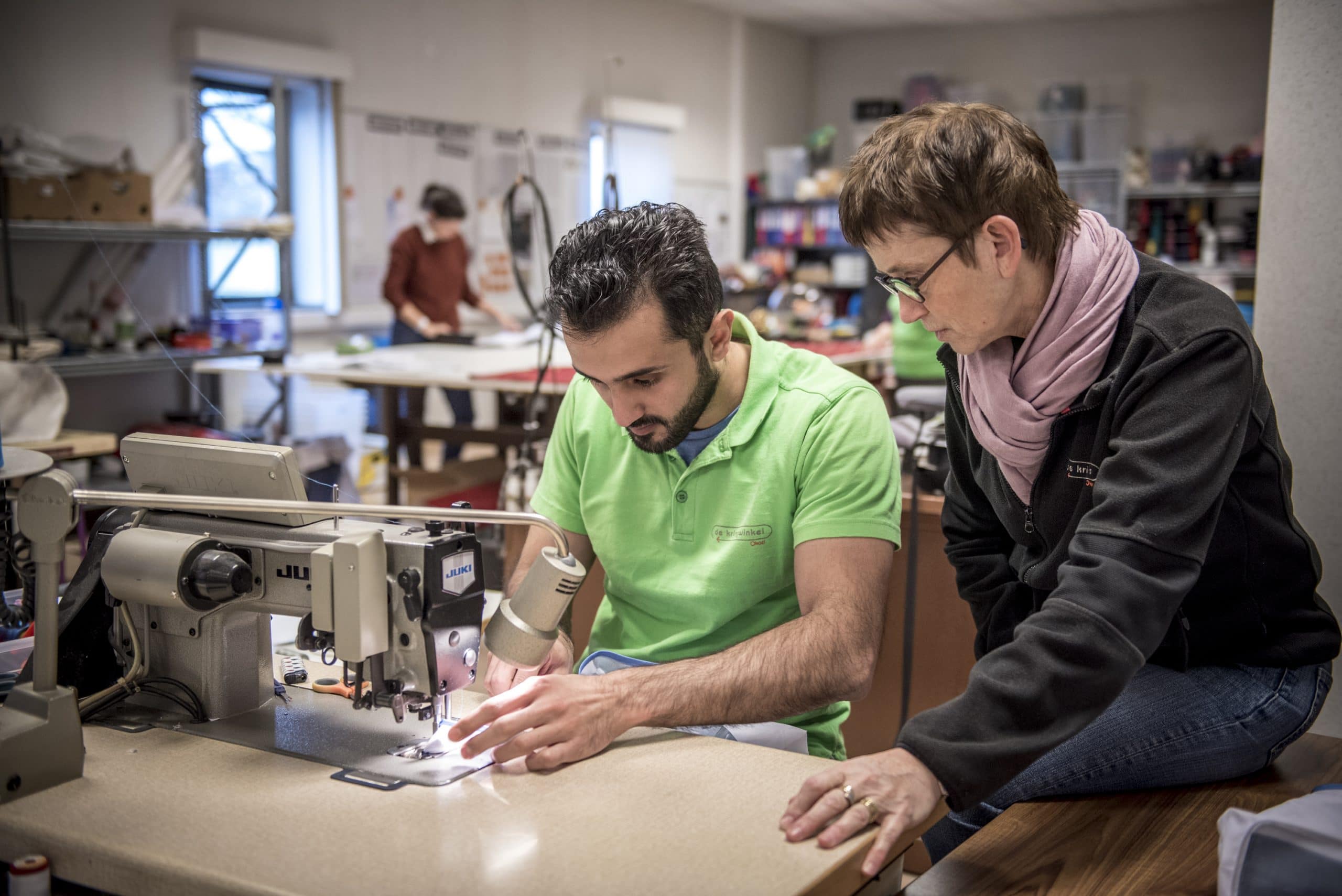Europe’s economy stands at a juncture with COVID-19 exposing the fragility of the linear economy. The Social and Circular economy is vital, and has been severely affected along with its essential community services including re-use, repair, recycling, food redistribution and social services.
Despite their flexibility and viability as economic and social partners, social enterprises are disadvantaged, unable to stop because of their social mission, yet suffering economic consequences.
Following extensive consultation with its members, RREUSE calls upon national governments to implement a set of key measures for Social Enterprises active in environmental services giving them appropriate support and recognition as essential service providers and social employment enabler.
Furthermore, governments must ensure thatenvironmental services, notably re-use activities, are central to a green recovery,safeguarding the employment agenda and public safety to combat this downturn.
As part of a series of letters being issued to national governments over the next days, RREUSE urges national leaders to:
- Explicitly include Non-profits and Social Economy Actors in public aid schemes. Social Economy Actors should not be excluded from supports made available to the business community because of legal status.
- Wave taxes for Social Economy Actors on a fixed interim basis in order to support a full recovery, providing stability to hold jobs for young and old, along with re-skilling the unemployed.
- Strongly encourage financial institutions to provide easy access to loans, making provisional supports available to social organisations. We demand the survival of individual social enterprises and umbrella associations who are crucial for guiding social enterprise networks through this crisis. By nature, many social economy actors and non-profits choose to reinvest much of their profits in their goals or to employ and train more people. As a result, they are often excluded from loans tailored to profit generating entities.
- Commit that public contracts and payments will be honoured for Social Economy Actors regardless of difficulties in fulfilling obligations as a direct result of Covid19.
- Prioritise investment in the Circular Economy and fulfil Green Deal commitments. Re-use creates local green jobs for people of diverse skill levels and those at risk of socioeconomic exclusion. Priority should therefore be given to investments with a strong job creation potential that can also reduce negative environmental impacts.
- Allocate resources efficiently. We seek capacity building and funding to change business models (digitalisation, new channels of operating). Social Economy Actors can signal creative ideas such as consultancy supports by the Government for new income streams and partnerships.
- Recognise second-hand shops as a part of the essential services along with other waste management operations in any future ‘waves’ of the pandemic. Without shops, waste collection services for re-useable goods are crippled by storage difficulties and communal misuse which bring along extra costs. Through support and prioritised opening, low-income households which are most hit by the crisis will have access to basic affordable products and the re-use and waste management chain can operate more efficiently. This should be done on a country by country basis following social dialogue.
The demands reflect the views of 31 member organisations across 26 countries federated by RREUSE, representing the voice of 850+ social enterprises in need of immediate support.
For more information, please contact: Elaine Hanlon, Policy Officer: elaine.hanlon@rreuse.org
Picture credit © De Kringwinkel – Kioni Papadopoulos & Boaz Timmermans


